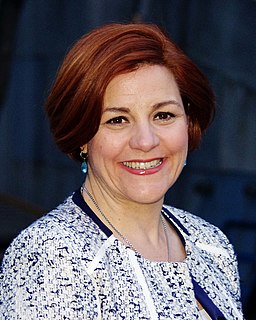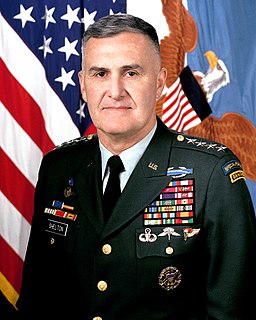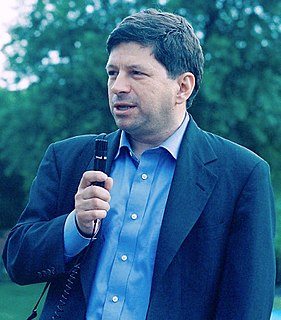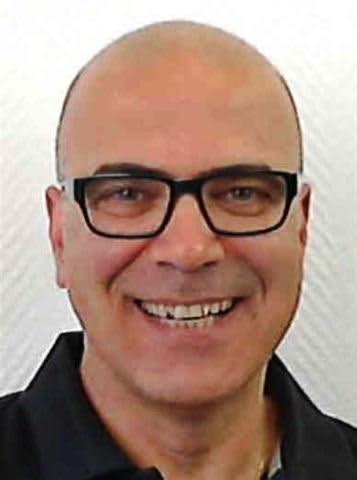A Quote by Michelle Wu
Carving out space for protected bike lanes is the most cost-effective way to increase our transit capacity and move more people on our streets.
Related Quotes
Bike lanes are clearly controversial. And one of the problems with bike lanes - and I'm generally a supporter of bike lanes - but one of the problems with bike lanes has been not the concept of them, which I support, but the way the Department of Transportation has implemented them without consultation with communities and community boards.
Voices surround us, always telling us to move faster. It may be our boss, our pastor, our parents, our wives, our husbands, our politicians, or, sadly, even ourselves. So we comply. We increase the speed. We live life in the fast lane because we have no slow lanes anymore. Every lane is fast, and the only comfort our culture can offer is more lanes and increased speed limits. The result? Too many of us are running as fast as we can, and an alarming number of us are running much faster than we can sustain.
Developing Christlike attributes in our lives is not an easy task, especially when we move away from generalities and abstractions and begin to deal with real life. The test comes in practicing what we proclaim. The reality check comes when Christlike attributes need to become visible in our lives—as husband or wife, as father or mother, as son or daughter, in our friendships, in our employment, in our business, and in our recreation. We can recognize our growth, as can those around us, as we gradually increase our capacity to 'act in all holiness before [Him]' (D&C 43:9).
More than anything else, kindness is a way of life. It is a way of living and walking through life. It is a way of dealing with all that is-our selves, our bodies, our dreams and goals, our neighbors, our competitors, our enemies, our air, our earth, our animals, our space, our time, and our very consciousness. Do we treat all creation with kindness? Isn't all creation holy and divine?






























